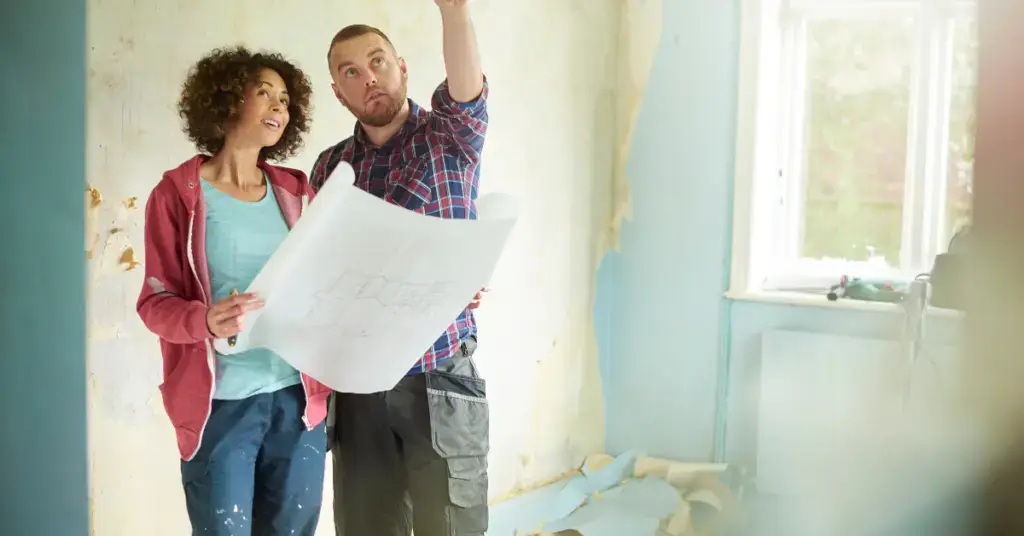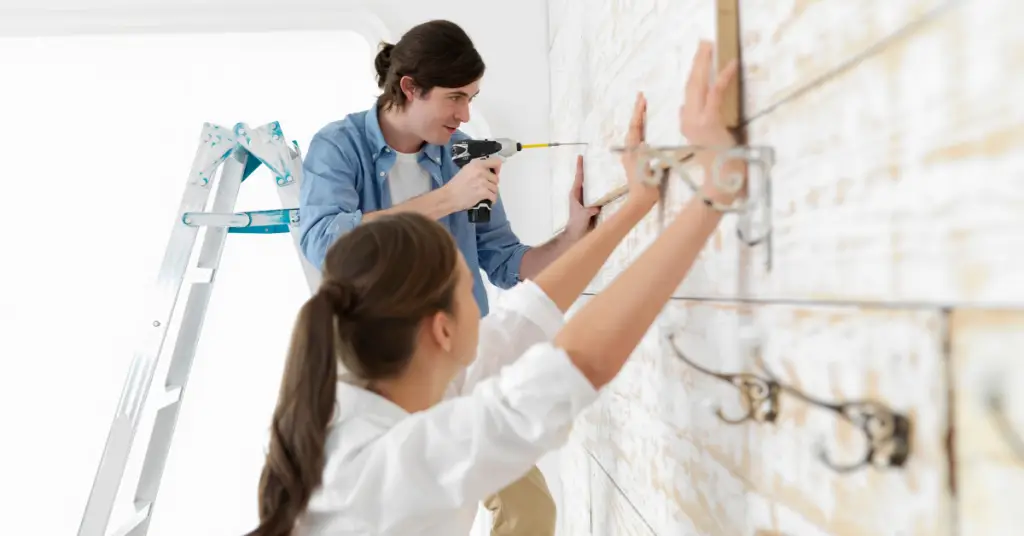If you have a keen eye for design and a passion for transforming spaces, becoming a home stager could be the perfect career for you. Home staging is a growing industry where professionals prepare homes for sale by making them look more appealing to potential buyers. Whether you’re interested in pursuing a career as a home stager or want to start your own home staging business, this guide will walk you through everything you need to know to get started. We’ll be discussing:
What is a Home Stager?

A home stager is a design professional who prepares homes for sale by enhancing their aesthetic appeal. The goal is to create a welcoming environment that helps buyers envision themselves living in the space. This involves arranging furniture, choosing color schemes, adding decorative elements, and sometimes even advising on minor renovations. Home stagers are experts at highlighting a property’s best features while minimizing any flaws. They know how to create a visual narrative that resonates with potential buyers, making a property more attractive and increasing its chances of selling quickly.
Responsibilities of a Home Stager
Assessing the Property:
The first step in home staging is evaluating the property to understand its strengths and weaknesses. A home stager will walk through the home, taking note of its layout, lighting, and architectural features. They will also consider the target market and the type of buyers who are likely to be interested in the property.
Creating a Staging Plan:
Once the assessment is complete, the home stager develops a staging plan. This plan outlines the changes that need to be made to enhance the home’s appeal. It may involve rearranging existing furniture, bringing in new pieces, or even recommending repairs or updates. The plan is tailored to the property’s unique characteristics and the preferences of potential buyers.
Sourcing and Arranging Furniture and Decor:
A critical part of staging is selecting the right furniture and decor. Home stagers often have a stock of furniture and accessories that they use for staging purposes. They choose items that complement the home’s style and create a cohesive look. The arrangement of furniture and decor is carefully planned to maximize space, highlight key features, and create a welcoming atmosphere.
Enhancing Curb Appeal:
First impressions matter, and that’s why curb appeal is a significant focus in home staging. A home stager may suggest landscaping improvements, repainting the front door, or adding outdoor furniture to create an inviting entrance. The goal is to make the property appealing from the moment potential buyers pull up to the curb.
Photography and Marketing Support:
Once the home is staged, the next step is showcasing it to potential buyers. Home stagers often work closely with real estate agents and photographers to ensure that the property is presented in the best possible light. High-quality photos and virtual tours are essential tools in today’s real estate market, and a well-staged home can make a significant difference in attracting online interest.
Consultation and Feedback:
Home stagers also provide consultation services, offering advice to homeowners who want to stage their homes themselves. They may offer feedback on the homeowner’s staging efforts, suggest improvements, or provide tips on how to maintain the staged look throughout the selling process.
How to Become a Home Stager

Becoming a home stager involves more than just a passion for design. It requires a blend of creativity, business acumen, and knowledge of the real estate market. Here’s how you can start your own staging business:
1. Develop Your Skills and Knowledge
The first step towards becoming a home stager is developing a strong foundation in interior design principles. While formal education in interior design can be beneficial, it’s not always necessary. Many successful home stagers are self-taught and have honed their skills through hands-on experience. However, taking courses in interior design, color theory, and real estate can provide valuable knowledge and set you apart from the competition. Additionally, familiarizing yourself with the local real estate market is crucial. Understanding what buyers are looking for and what sells in your area will help you tailor your staging efforts to meet market demands.
2. Gain Experience
Experience is key in starting a home staging business. Start by offering your services to friends and family or volunteer to stage homes for local real estate agents. This will not only help you build a portfolio but also allow you to gain practical experience in different types of properties. Working on various projects will help you develop your style and approach to staging. Each property presents unique challenges, and the more experience you have, the better you’ll become at creating effective staging solutions.
3. Build a Portfolio
Your portfolio is your calling card in the home staging business. It showcases your skills and gives potential clients a glimpse of what you can do. Include before-and-after photos of the homes you’ve staged, highlighting the transformations you’ve achieved. Your portfolio should reflect a range of styles and property types, demonstrating your versatility as a stager. A well-curated portfolio can be the deciding factor for clients when choosing a stager, so make sure it’s polished and professional.
4. Obtain Certification (Optional)
While certification is not required to become a home stager, it can enhance your credibility and increase your chances of success. Various organizations offer certification programs that provide training in home staging techniques, business management, and marketing. Certification can also open doors to networking opportunities with other professionals in the industry. If you’re serious about pursuing a career in this business, obtaining certification can be a valuable investment in your professional development.
5. Set Up Your Business
If you’re ready to take the plunge and start your own home staging business, you’ll need to set up the legal and operational aspects of your business. Choose a business name that reflects your brand and register it with your local government. You’ll also need to obtain any necessary licenses and permits to operate legally in your area. Additionally, consider investing in liability insurance to protect your business in case of any accidents or damages that may occur during staging.
6. Create a Business Plan
A solid business plan is essential for the success of your home staging business. Your business plan should outline your services, target market, pricing strategy, marketing plan, and financial projections. It will serve as a roadmap for your business and help you stay focused on your goals. A well-thought-out business plan can also be a valuable tool if you need to secure financing or partnerships to grow your business.
7. Market Your Services
Marketing is a crucial aspect of running a successful home staging business. Start by creating a professional website that showcases your portfolio, services, and contact information. Use social media platforms like Instagram, Facebook, and Pinterest to share your work and connect with potential clients. Networking with real estate agents, interior designers, and other professionals in the industry can also help you gain referrals and build your client base. Consider offering promotions or discounts to new clients to encourage them to try your services.
8. Continue Learning and Growing
The industry is constantly evolving, and it’s important to stay up-to-date with the latest trends and techniques. Attend industry conferences, take continuing education courses, and network with other professionals to keep your skills sharp. As your business grows, consider expanding your services to include additional offerings like virtual staging or interior redesign. The more you learn and adapt, the more successful your business will become.
Conclusion
Becoming a home stager is a fulfilling career that allows you to combine creativity with business savvy. Whether you’re staging homes to help them sell faster or starting your own home staging business, the possibilities are endless. By developing your skills, gaining experience, and building a strong portfolio, you can establish yourself as a trusted expert in the field. As you grow your business, continue to learn and adapt to the changing market, and you’ll find success in this dynamic world.
Related Read






